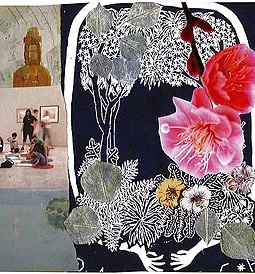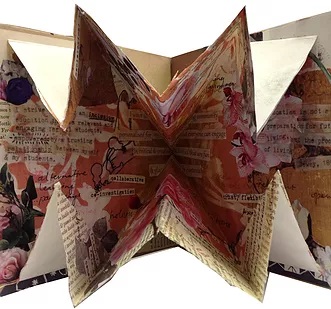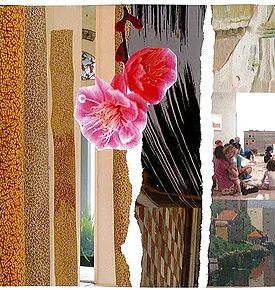My teaching practice and philosophy
The role of the teacher is one of co-investigation; teachers participate in and promote students’ investigative endeavours. I practice inclusive education strongly influenced by the theoretical perspectives of Paulo Freire, Elliot Eisner and Sir Ken Robinson. I strive to facilitate learning activities that are relevant and engaging for all students, achieved through reflexive pedagogy and project based learning. When reflexive pedagogy is practiced students engage in critical thinking, collaboration and communication, fostering academic progress and wellbeing.
Philosophy of Education
I believe the role of the teacher is one of co-investigation; teachers participate in and promote students’ investigative endeavors. I practice inclusive education strongly influenced by the theoretical perspectives of Paulo Freire, Elliot Eisner and Sir Ken Robinson. I strive to facilitate learning activities that are relevant and engaging for all students, achieved through reflexive pedagogy and project based learning. A reflexive approach to pedagogy and curriculum involves reconfiguring the relationships between teachers and students, so that the teacher becomes a guide for students, leading them through alternative learning pathways that promote divergent thinking. Students are given the opportunity to move between different ways of knowing and learning content is connected with students’ experiences and identities beyond the classroom. The Arts are integral to education as the experiences they offer are accessible to all students and are proven to enhance social behaviours, self-directed learning and self-efficacy. Arts-rich curriculum enhances students’ imaginative and creative capabilities whilst improving overall learning outcomes. When reflexive pedagogy is practiced through project based learning and arts-rich curriculum, students engage in critical thinking, collaboration & communication, fostering academic progress and wellbeing.
I strive to guide students in developing their critical consciousness but for this to be achieved I must first respect each students’ uniqueness and develop a professional relationship and trust with my students. When I know my students and their unique potentials and interests, I can provide an inclusive and equitable, student-centred learning environment. For educational activities to be holistic content should always be linked to students’ worlds. This includes their immediate, national & international communities, as well as other disciplines of education offered at school. As an Australian teacher I feel a strong desire to include and relate to when relevant, Aboriginal and Torres Strait Islander histories and cultures, Asia and Australia’s engagement with Asia. I aim to create equitable and inclusive learning environments that reduce potential barriers and difficulties in learning, maximising educational and social outcomes for my students; and recognise that I must always reflect and analyse my teaching practice to ensure I am creating the best possible learning environment. I create equitable learning environments and set high expectations but am aware we should never expect the same academic performance from each learner.
I strive to create an educative learning environment where inclusive teaching and learning practices are endorsed. For this to occur I must develop a relationship with each student grounded in trust, flexibility and concern, and consider each students’ uniqueness. Students do not exist in isolation, and for learning tasks to be relevant and engaging I must be aware of external factors influencing students’ social and academic wellbeing. Parents and families are the first and most important influence in a child’s life- as they instil values and attitudes that will affect how students participate in, and contribute to: schooling and the wider community. Teachers and other school staff work as a team supporting each other, expanding professional learning and endorsing school values, whilst strengthening school community partnerships.
I believe group work has an important place in educative learning environments and when monitored effectively, builds social and language skills (especially important for ESL students and students with disabilities), whilst fostering mutual wellbeing and respect. Assessment tasks and classroom activities should push critical and creative thinking and take varied form (multi-modal) so as to include all learners. Experiences offered in the Visual Arts are especially non-discriminative and should always be presented in a flexible manner that is inclusive to all students regardless of academic, physical or artistic ability. I constantly engage in critical and creative thinking using my sociological imagination to ensure that the learning environment I offer my students promotes intellectual quality and learning that is of significance; facilitating academic progress and well-being.






